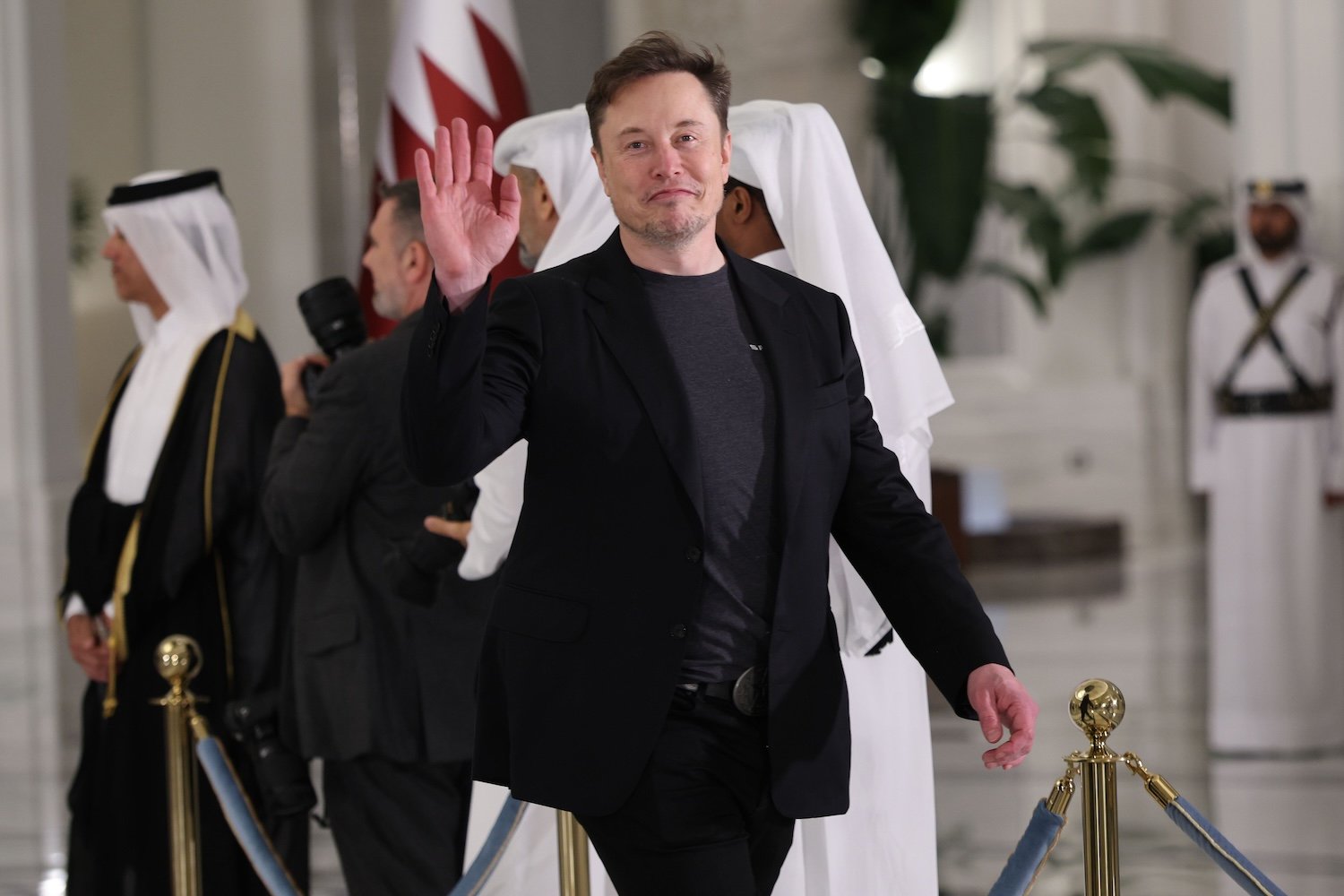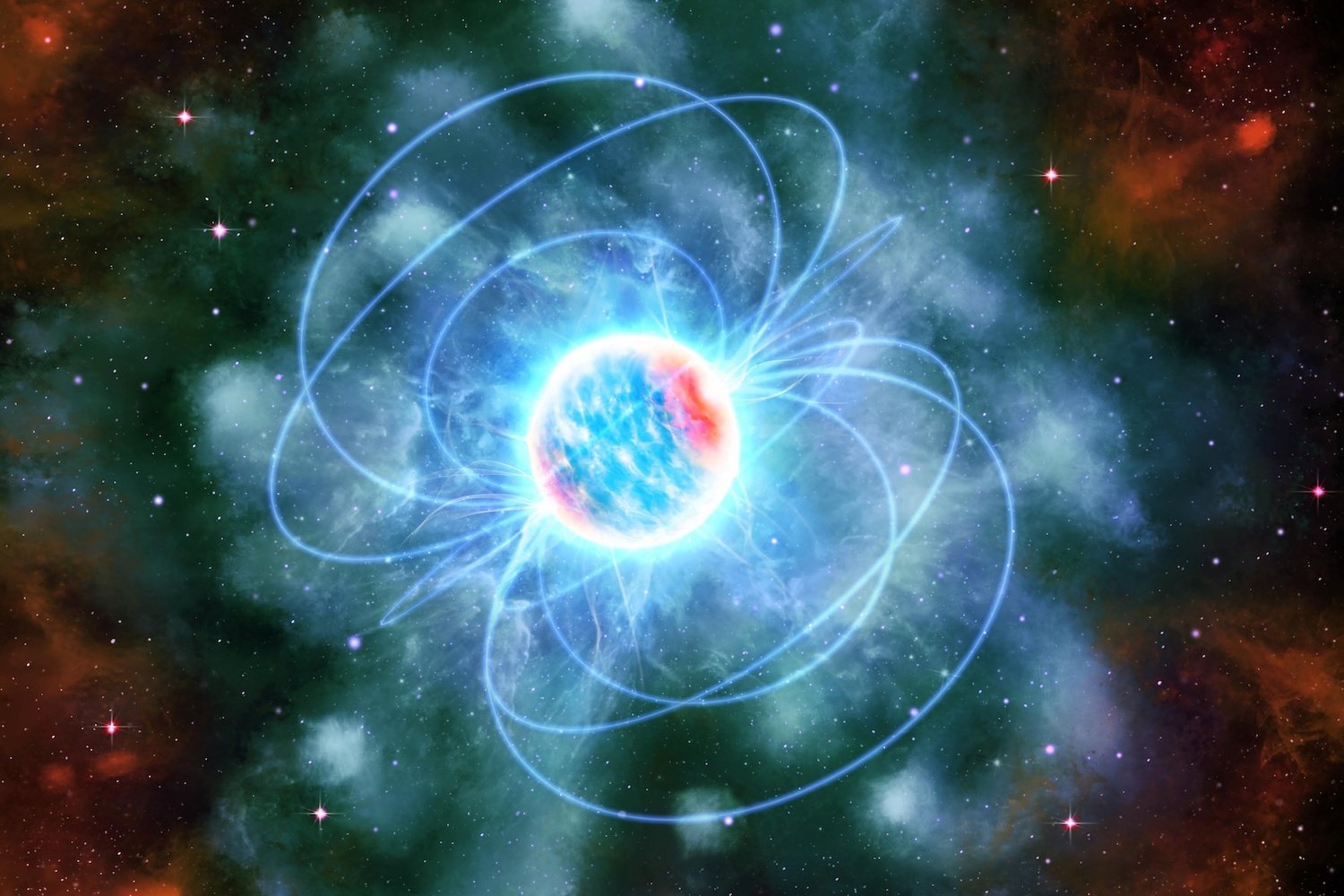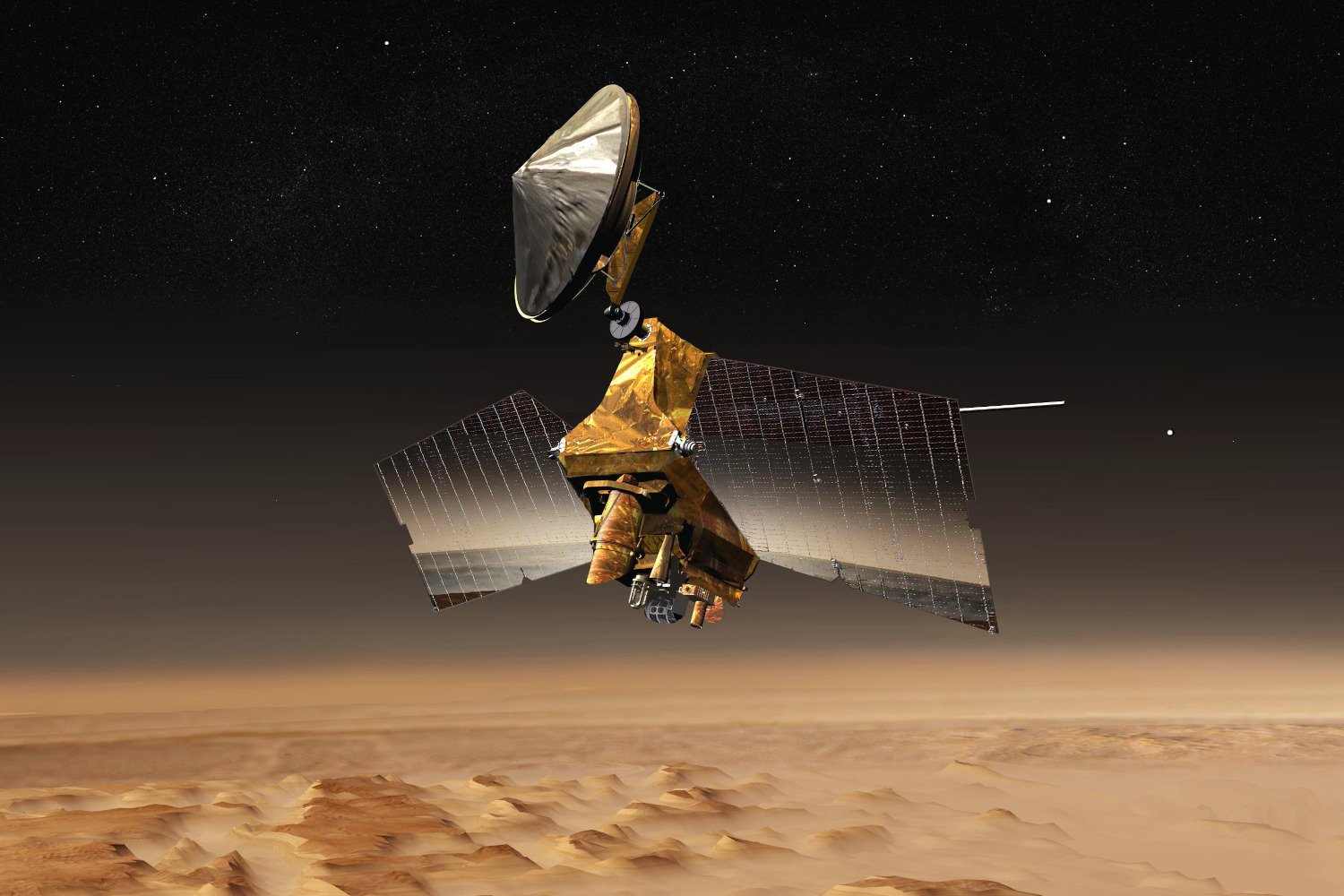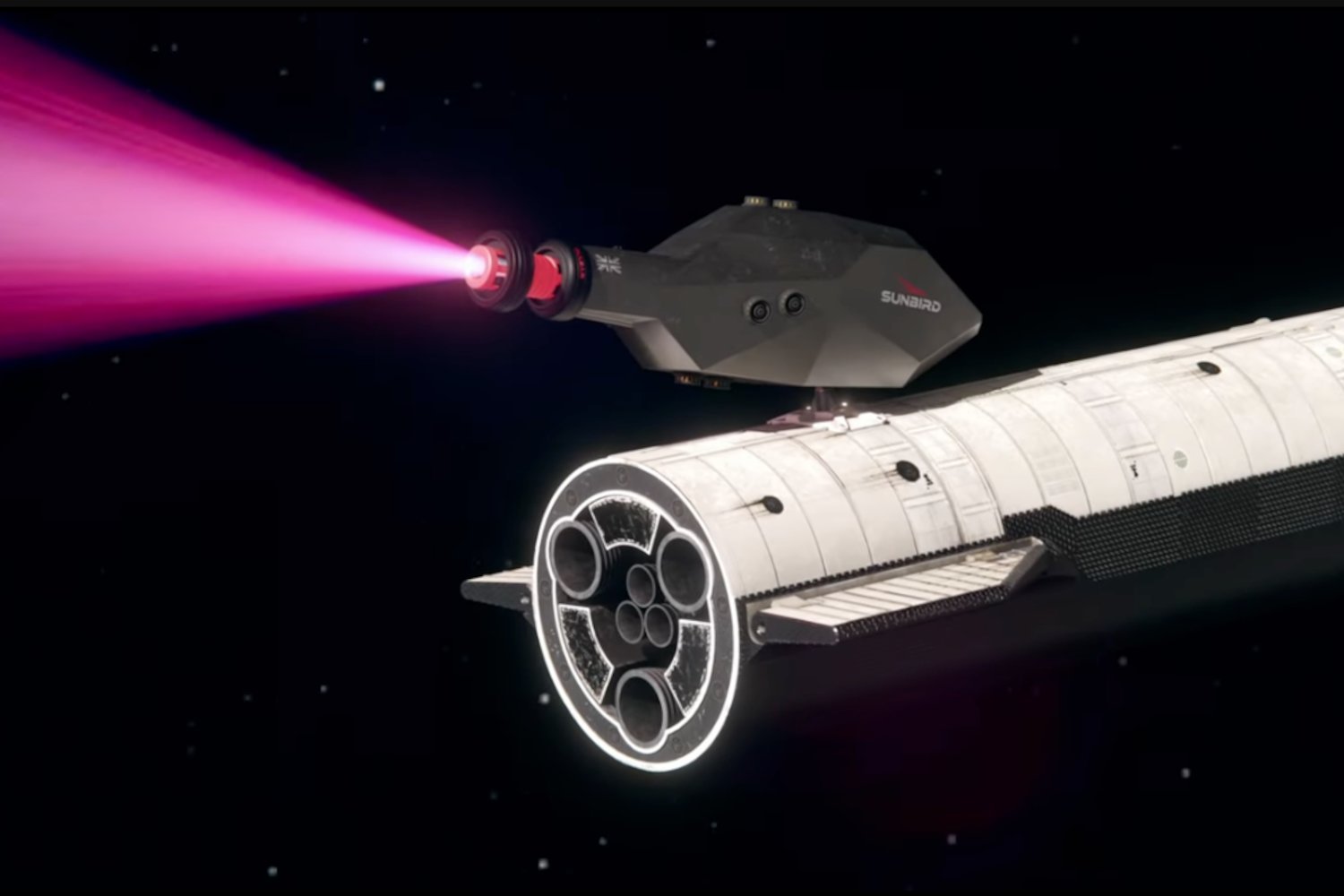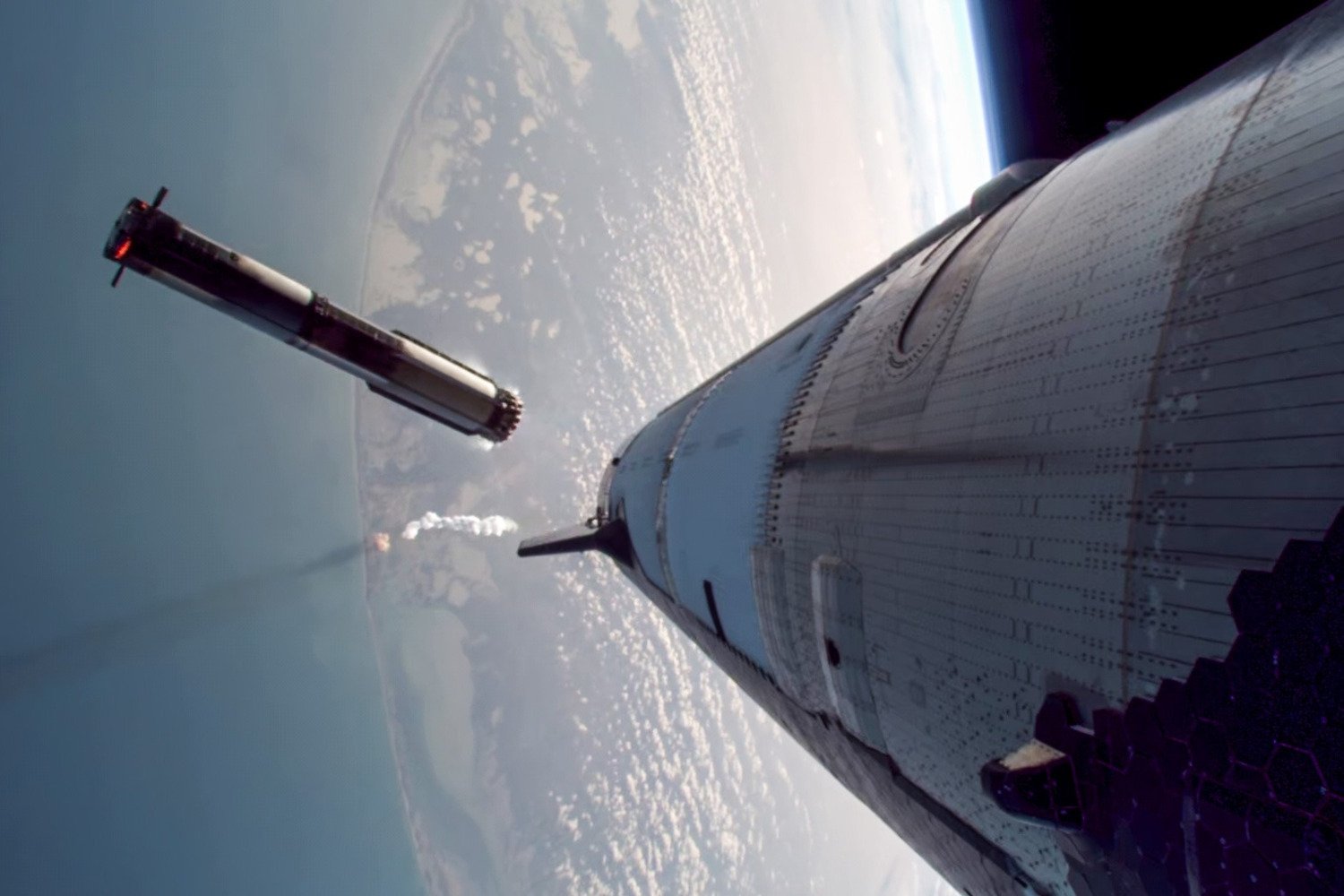Elon Musk’s SpaceX is reportedly eager to participate in the construction of former President Trump’s proposed $175 billion “Golden Dome” missile defense system. This ambitious initiative aims to shield the United States from foreign missile threats, purportedly “even if they are launched from the other side of the world,” sparking both interest and considerable debate within the aerospace and defense sectors.
The initial details of the “Golden Dome” project were unveiled by Trump and Defense Secretary Pete Hegseth during an Oval Office briefing. They asserted that the sophisticated space-based shield could be operational within three years at a cost of $175 billion. However, this projection starkly contrasts with an assessment from the Congressional Budget Office (CBO), which estimates the project might require up to 20 years to complete and could incur costs around $524 billion. This significant discrepancy in both timeline and budget underscores the project’s complexity and potential challenges.
Understanding the “Golden Dome”: Ambition Meets Skepticism
The “Golden Dome” is envisioned as an exceptionally large and intricate space shield. According to a Reuters report, it would comprise an extensive network of satellites designed for detecting, tracking, and intercepting incoming missiles. In addition to these defensive capabilities, the system would also include a smaller fleet of offensive satellites.
Funding for this monumental undertaking is already taking shape. A GOP-led budget reconciliation bill, currently advancing to the House for consideration, includes an initial $25 billion to kickstart the Golden Dome project, as The Hill reported. This has understandably attracted the attention of major players in aerospace technology, with companies like Lockheed Martin, Boeing, and notably, SpaceX, reportedly keen to secure contracts. The prospect of developing such a cutting-edge U.S. missile defense system presents both a lucrative opportunity and a significant technological endeavor.
SpaceX and Partners: A Formidable Bid for Golden Dome
In April, sources informed Reuters that Elon Musk’s satellite and spaceflight company, SpaceX, had submitted a bid to construct key elements of the Golden Dome. This proposal was reportedly made in partnership with two other U.S.-based technology firms: software company Palantir and drone manufacturer Anduril.
These companies are said to have pitched their collaborative plan to the Trump administration and the Pentagon. Their concept involves launching potentially more than 1,000 new defense satellites for missile sensing and tracking, complemented by a separate fleet of approximately 200 attack satellites, which could be armed with missiles or lasers, according to Reuters. The scale of this proposed satellite constellation highlights the immense scope of the Golden Dome initiative.
Controversy and Concerns: Scrutiny Over Musk’s Involvement
The potential involvement of SpaceX and Elon Musk has not been without controversy. On May 1, a group of 42 Democratic lawmakers sent a letter to Defense Department Inspector General Steven Stebbins, requesting a review of the Pentagon’s procurement process for the Golden Dome project. Their primary concern revolves around potential conflicts of interest related to a deal with Musk.
“All of this raises concerns about whether defense contracts to build a Golden Dome are an effective way to protect Americans or are meant to enrich Mr. Musk and other elites,” the lawmakers stated in their letter. They warned that a Golden Dome contract, beyond generating substantial revenue and boosting SpaceX’s valuation, could grant Musk “unacceptable ongoing leverage” over U.S. national security.
The lawmakers also highlighted SpaceX’s proposal to operate the defense system via a “subscription service.” This model, as reported by The Hill, could potentially allow the company to sidestep standard Pentagon procurement regulations and exercise unchecked control over the cost and development of the Golden Dome. “Mr. Musk could, as he allegedly did in Ukraine, determine when to provide the U.S. government with access to Golden Dome satellite systems,” they wrote, referencing past concerns.
Musk’s close ties with the Trump administration further fuel these concerns. Having reportedly donated over $250 million to Trump’s election campaign, Musk has held various roles, including special government employee, senior advisor to the president, and a key official at the Department of Government Efficiency (DOGE). It is also noteworthy that his Golden Dome bidding partners, Palantir co-founder Peter Thiel and Anduril founder Palmer Luckey, are also longtime supporters of Trump. This isn’t the first instance of Musk’s connections raising alarms; an April report from Senate Democrats estimated that he and his companies face at least $2.37 billion in legal exposure due to numerous conflicts of interest acquired through his work with DOGE.
MaagX.com reached out to SpaceX for comment but did not receive a response by the time of publication.
Why SpaceX Could Be the Pentagon’s Choice
Despite the controversies, there are compelling reasons why the Pentagon might select SpaceX to spearhead the construction of the Golden Dome. Defense officials may view Musk’s company as uniquely positioned to undertake such a massive project.
Firstly, SpaceX has a proven track record, having launched hundreds of spy satellites over the past five years. Sources indicated to Reuters that several recently launched prototypes could potentially be retrofitted for the Golden Dome project. Furthermore, SpaceX possesses extensive experience in building large satellite constellations, most notably its Starlink network, which consists of over 11,000 satellites.
Secondly, SpaceX’s fleet of reusable rockets could be a crucial factor in keeping the Golden Dome project within the ambitious budget and timeline constraints set by the Trump administration. While still a formidable challenge, reusable launch technology offers significant cost and time advantages for deploying a large number of satellites.
Challenges and Geopolitical Ramifications
If SpaceX is not selected, it remains uncertain which launch provider could manage the heavy lifting required for the Golden Dome. United Launch Alliance’s Vulcan Centaur and Blue Origin’s New Glenn are potential contenders, but these heavy-lift vehicles are yet to fully prove their operational capabilities. Depending on the size and weight of the Golden Dome satellites, other U.S. launch providers, such as Firefly Aerospace, could also contribute. In February, Firefly secured a $21.8 million contract with the Pentagon for a mission under the military’s quick-reaction space program, which aims to demonstrate the Space Force’s rapid satellite deployment capabilities in emergencies.
Even with SpaceX’s apparent advantages, the feasibility of the Golden Dome project remains a significant question. No nation has ever successfully deployed a space-based defense system of this magnitude. Accurately predicting the time and financial resources required to develop and deploy such advanced technology is exceedingly difficult.
Geopolitical tensions add another layer of complexity. A spokesperson for the Chinese Foreign Ministry recently urged the U.S. to abandon the project. As ABC News reported, the spokesperson stated that the Golden Dome will “heighten the risk of turning space into a war zone and creating a space arms race and shake the international security and arms control system.”
The Path Ahead for a Space-Based Shield
The journey to realizing the “Golden Dome” missile defense system is fraught with substantial hurdles, from technological uncertainties and financial questions to significant political and ethical considerations. Whether the Pentagon and its chosen contractors can successfully navigate these obstacles is yet to be determined.
Should SpaceX secure a significant role in this endeavor, it would undoubtedly mark a new chapter for Elon Musk’s company. However, it would also usher in a complex array of new technological, ethical, and legal challenges, placing both SpaceX and U.S. national security strategy under intense international scrutiny. The development of such a system could redefine space-based defense but also carries the risk of escalating global tensions.



